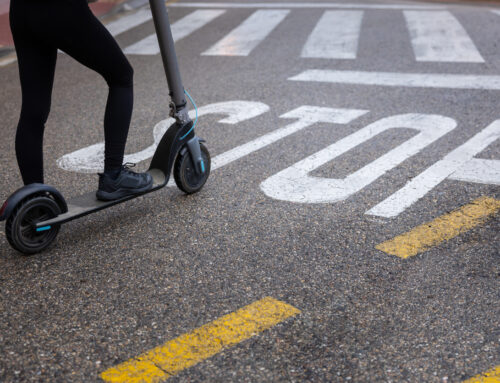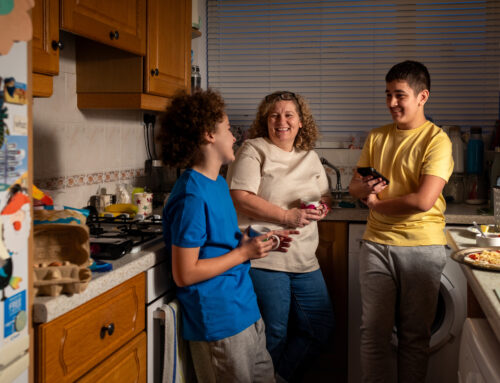Adolescent Substance Abuse: Symptoms, Signs, and Trends
Parents of tweens need to start early and be aware of the signs of adolescent substance abuse to help them make responsible choices as they age.
Raising tweens and teens is fraught with challenges. Gone are the days when you could fix a problem by offering a snack or kissing a bruise. Young adults face serious issues and challenges. Combine peer pressure with the hormones associated with puberty, and parents find themselves walking through a minefield of emotions and issues. Knowing the best way to help your children navigate the challenges of adolescence can be rough. Despite all your efforts and diligence, there may come a time when you suspect your child is experimenting with alcohol.
A survey conducted by the Centers for Disease Control found that 29 percent of high school students had tried alcohol and 14 percent binge drink. Alarmingly, 5 percent of teens drove after drinking alcohol, and an additional 17 percent rode with a person who had been drinking. Every day, about 28 people die from drunk-driving wrecks in the United States, the National Highway Transportation Authority reported. Teen fatalities make up about one-fifth of all alcohol-related crashes, with approximately eight deaths per day. About a quarter of car crashes with teens involve an underage drinking driver, MADD revealed.
To make matters worse, the impact of underage drinking doesn’t just happen on the road. Underage drinking can lead to alcohol abuse in the adult years, a study from the National Library of Medicine revealed. Ninety-five percent of the 14 million people who are alcohol dependent began drinking before the legal age of 21, MADD reported. It can also permanently alter brain development in teens.
Signs of Adolescent Substance Abuse
If you think your teen is experimenting with alcohol, here are some of the behavioral and physical signs of substance abuse that should never be ignored, especially if you notice multiple symptoms.
- Losing interest in activities
- Dropping old friends for a new group
- Acting despondent, aggressive, or angry
- Sleeping more than usual
- Performing poorly or missing work and school
- Weight loss, nosebleeds, bloodshot eyes, or shakes and tremors
Teens who seem depressed or anxious may be on a slippery slope. If you notice that your teen is paying less attention to their appearance or hygiene, there may be cause for concern.
Start the Conversation
Now that you know some signs of substance abuse, there are steps all parents need to take to prevent their children from experimenting with alcohol. It’s up to you to start the conversation with your children to put an end to underage drinking. The average age teen boys first try alcohol is age 11, and for teen girls, it’s 13, according to the youth-led movement, Do Something. It’s never too early to start the conversation with your kids about underage drinking.
- Get the Facts. Arm yourself with the facts. Studies show that children are receptive to statistics and messages against underage drinking and see them as convincing reasons to stop.
- Make the Rules. Talk honestly about the dangers of underage drinking and establish clear rules about not drinking alcohol while underage.
- Educate. Teach your kids what to do if they are offered alcohol. Peer pressure is a difficult hurdle to jump, and having the tools they need to go against the grain can be as simple as equipping them with the right responses. Make sure your kids know that you will come to pick them up with no questions if they realize they are in a bad situation.
- Be Honest. Take the time to discuss your beliefs and opinions about alcohol. Honesty goes a long way to making kids feel comfortable, and they’re more likely to respect your rules about underage drinking. Establishing trust will also help make your children come to you when they are in a difficult situation.
Adolescent substance abuse can be prevented if parents start the conversation early and equip themselves with the tools they need to have honest chats with their kids. Take the pledge to be safe around alcohol and teach your children about underage drinking.



